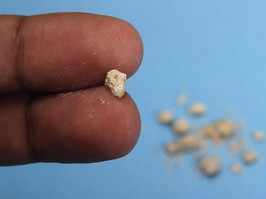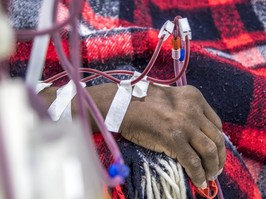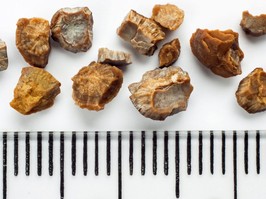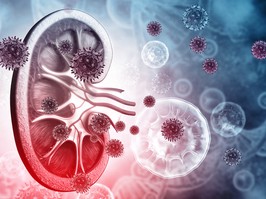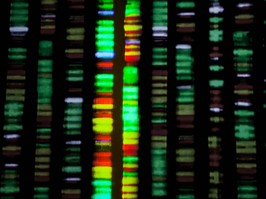kidney diseases
kidney diseases encompass a range of conditions that affect the kidneys, the two bean-shaped organs located on either side of the spine just below the rib cage. the kidneys are essential for filtering waste products from the blood, regulating blood pressure, and maintaining electrolyte balance.
common kidney diseases include chronic kidney disease (ckd), acute kidney injury (aki), kidney stones, and polycystic kidney disease (pkd). ckd, the gradual loss of kidney function, is often a result of long-term conditions like diabetes and high blood pressure.
symptoms of kidney disease can be nonspecific and may include fatigue, difficulty concentrating, poor appetite, trouble sleeping, muscle cramps at night, swollen feet and ankles, puffiness around the eyes, and dry, itchy skin.
diagnosis of kidney disease involves blood tests to check kidney function, urine tests to detect abnormalities, and imaging tests. in some cases, a biopsy may be performed.
treatment depends on the type and stage of kidney disease. it may involve managing underlying conditions, dietary and lifestyle modifications, medications, and in advanced cases, dialysis or kidney transplantation.





